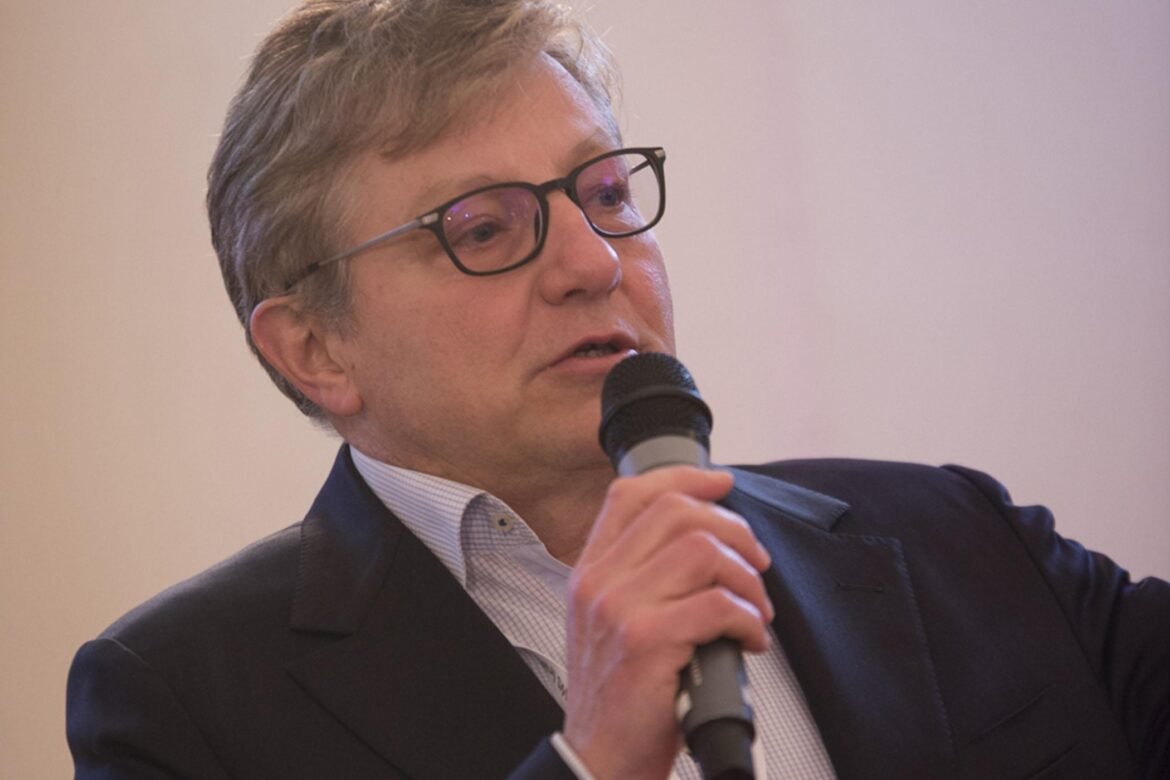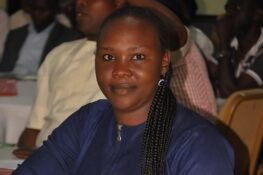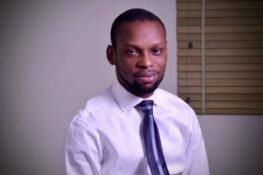The CEO of the Global Editors Network, the largest network of cross-platform journalists in the world, Bertrand Pecquerie, shares his thoughts on the opportunities and challenges of innovation in the African newsroom:
You had the hackathon in Lagos before and now in Abidjan. Have you noticed any difference in the quality of the pitches?
Since the two hackathons differed both from the topic and the circumstances, it is difficult to compare the quality of the pitches per se, but it is safe to say that both hackathons had a high-performance and high-quality manner to them.
The hackathon in Lagos started with a one-day bootcamp to bring all participants up to speed on the most important techniques and tools needed to analyse public spending information for developing prototypes to better hold political powers accountable for their actions and promises in Lagos.
Thanks to the experts teaching our participants some new skills, they all started with a similar knowledge on how to build tools.
Whereas in Abidjan, almost all of the teams have never participated in a hackathon or anything similar to it before, so this particular format and experience was very new to them.
Since this hackathon was also part of the Ibrahim Governance Weekend (IGW) hosted by the Mo Ibrahim Foundation, we were more limited in terms of time and space to host additional talks or side events.
Instead of having an extra day to explain the concept and then jumping right into it, it was important to go through each step of the brainstorming and developing process together and almost simultaneously while the teams were working, to understand the goal of the hackathon – producing a working prototype to support the way we report about African Migration. Nevertheless, the teams in Abidjan had a strong energy going on throughout the days, with long brainstorming sessions and intense developing sprints.
In the end, all teams from both hackathons were able to successfully pitch their working prototypes and most importantly, understood how the best hacks are simple: offering one solution to one problem.
There is not a lot of money for quality journalism out there at the moment, and every newsroom is struggling
What’s the most striking lesson from Abidjan?
Even after six years of hosting 70 Editors Labs – our hackathons, in 40 cities with more than 2,000 participants and 700 prototypes, the most striking lesson still is that people want to create tools to support and solve whatever the problem is.
Our participants realise that working in a cross-disciplinary team offers the best of all three worlds (in GEN’s case, the teams consist of a journalist, a developer, and a designer) and through their knowledge, skills, and collaboration great things can be achieved.
The experience in Abidjan again showed how putting high-quality and motivated people together in one room can lead to new ways of supporting newsrooms and creating journalism prototypes.
In Abidjan, teams from African newsrooms based in Côte d’Ivoire, Burundi, DR Congo, Nigeria, and Senegal also attended the panels at IGW organised by the Mo Ibrahim Foundation, and throughout the three days of the IGW many pointed out how negative the narrative of African migration is, even though Africans are the lowest number on migration outside its own continent (see 2019 report of Mo Ibrahim Foundation).
Also, the focus was on the rising youth of Africa and how their trajectory is going to determine the future.
The youth concentrates on opportunity creation instead of opportunity expectation, and the participants of the hackathon in Abidjan took these challenges as inspiration and opportunities to create innovative journalism prototypes to change the negative narrative of African migration and to provide journalists and newsrooms with ample and reliable data on African migration.
The experience in Abidjan again showed how putting high-quality and motivated people together in one room can lead to new ways of supporting newsrooms and creating journalism prototypes
You have seen journalism in Africa up close for over 15 years now. What significant progress, if any, have you noticed?
Less individual adventures by brilliant journalists, but with no management skills. Today, the launching of a news organisation is rather a collective initiative with a clear division between content and business model / management.
I also think the mentoring and training done by some foundations helped a lot for raising the bar of management skills. The talent is here in Africa, but talent is not enough for starting a sustainable business!
Many African journalists tend to complain about limited resources as the reason for insufficient innovation in the newsroom. Do you think it’s a question of more or how resources are applied?
There is not a lot of money for quality journalism out there at the moment, and every newsroom is struggling.
It is understandable that African journalists point out the obvious, that limited resources lead to covering African stories not by African journalists but foreign newspapers, and that lack of resources, but also bad distribution of money, triggers stagnation on newsroom innovation.
It will be a joint effort of African newspapers, TV and radio, and news outlets to share content with each other and to change the way African news is portrayed in Africa.
Today, the launching of a news organisation is rather a collective initiative with a clear division between content and business model / management
This year’s GEN Conference in Athens in June will be focusing on voice, video and verification. Why is it important?
We at GEN always keep an eye out on the next big trends and topics, even if it is getting more of a challenge every year to do so due to the speed of media innovation.
For this year, it was obvious that Voice and Voice AI are a big topic for 2019; the captivation – and obsession – with smart speakers by Amazon, Google, and Apple is leading to a serious impact on how news will be accessed and consumed in the future.
Together with industry experts we will tackle questions like if journalists have to change the way they work to be compatible with smart speakers and what change does the interest in these devices bring to the newsroom.
Visual journalism and video as the second challenge means that new formats and new ways of storytelling are ready to take over.
Think about streaming live events, news shows on Facebook or Netflix, or new interactive formats on Instagram – the integration of texts, sounds, videos, data visualisations, and new software will change the way of telling stories.
Not to forget about new AR experiences on your smartphone. More info on www.gensummit.org.








